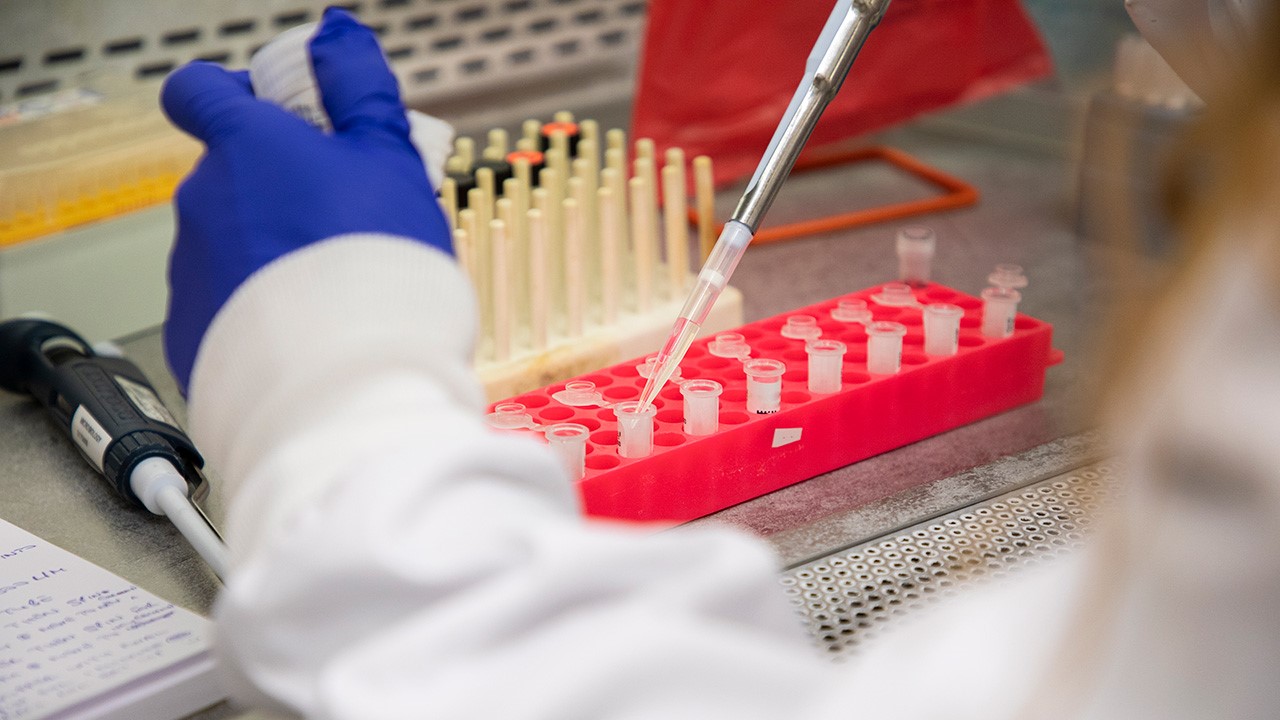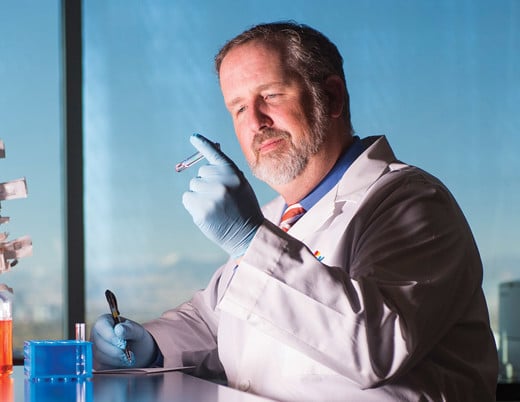Key takeaways
-
The rise in measles, mumps and varicella is a growing threat to nonimmune pediatric solid organ transplant recipients.
-
This study found measles-mumps-rubella and varicella-zoster virus vaccines were safe for select nonimmune pediatric liver and kidney transplant recipients, and the majority maintained antibody protection for at least a year.
-
Study authors concluded that administering live vaccines after pediatric solid organ transplant is feasible for preventing morbidity and mortality and should be strongly encouraged in appropriate patients.
-
Additional research is needed to better understand long-term immunity and clinical protection and how to best expedite dissemination and implementation of new vaccine recommendations for this population.
As global rates of measles, mumps, and varicella continue to rise, so does the risk for community exposure and life-threatening infection of nonimmune solid organ transplant (SOT) recipients. Novel guidelines published in 2019 recommended live vaccines be considered for select nonimmune pediatric SOT recipients who are more than one-year post-transplant and on low-level immunosuppression. Yet the research-backed statement did not universally change clinical practice, as evidenced by a 2020 survey study that found only 29% of Society of Pediatric Liver Transplantation centers routinely offered post-transplant live vaccines.
"Measles is highly contagious and extremely dangerous for non-immune children in today’s world. The current generation of patients, parents and providers may never have known someone who developed measles and may not understand how serious it can be."
Amy Feldman, MD, PhD
This multi-institutional cohort study evaluated the safety and immunogenicity of measles-mumps-rubella (MMR) and varicella-zoster virus (VZV) in pediatric liver and kidney transplant recipients. Amy Feldman, MD, PhD, medical director of the Pediatric Liver Transplant Program at Children’s Hospital Colorado, co-authored this research published in JAMA Network Open .
Participants included MMR and VZV non-immune SOT recipients between 2002 and 2023. Among the 281 participants from 18 U.S. transplant centers, 96% were liver transplant recipients, 3% received a kidney transplant and 1% received both.
The study found no serious adverse events from live vaccination. The majority of patients developed protective antibodies between the first and third doses of either or both vaccines and maintained this protection one-year post-vaccine. Immunosuppression level, transplant duration, Epstein-Barr virus levels and mycophenolate mofetil use were not linked with protective antibody development.
Study authors concluded that administering live vaccines after pediatric solid organ transplant is feasible for preventing morbidity and mortality and should be strongly encouraged in appropriate patients. They noted the need for more research to understand long-term immunity maintenance post-live vaccination in pediatric solid organ transplant recipients, including factors influencing immune response and clinical protection.
Clinical implications
This research has the potential to advance the standard of care for pediatric transplant recipients, allowing them to live with less fear of contracting a deadly illness. The findings suggest that in the future, eligibility criteria for post-transplant live vaccines may not need to be as conservative, potentially allowing more nonimmune pediatric solid organ recipients to be candidates for live vaccines post-transplant. Parents, primary care providers and subspecialists should discuss risks and benefits and decide if vaccination may be helpful to provide immunity and protection for the individual child.
There is more to be learned about how best to disseminate these new evidence-based recommendations and broadly implement strategies to help accelerate adoption of the novel vaccine recommendations in the pediatric transplant community. As a next step, study authors will survey pediatric liver transplant providers on their current vaccine practices and eligibility criteria and interview patients and providers to understand implementation barriers. Ultimately, the team at Children’s Colorado hopes to collaborate with transplant patient and provider partners to create a new educational and decision-making tool to help overcome those barriers.
Featured researcher

Amy Feldman, MD, PhD
Medical Director, Liver Transplant Program
Digestive Health Institute
Children's Hospital Colorado
Associate professor
Pediatrics-Gastroenterology, Hepatology and Nutrition
University of Colorado School of Medicine





 720-777-0123
720-777-0123










